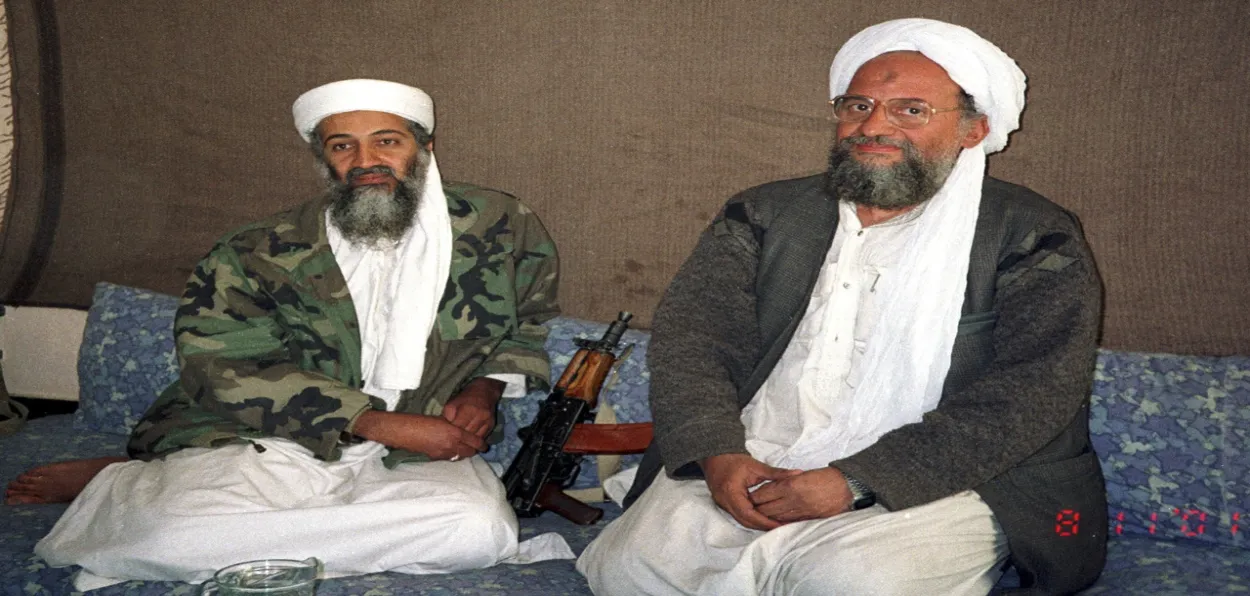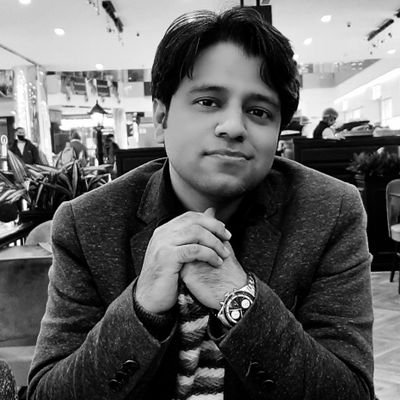
 Saquib Salim
Saquib Salim
“With guns you can kill terrorists; with education you can kill terrorism.” This statement by Nobel Laureate Malala Yousafzai echoes a much-repeated belief that low-level education and poverty are the driving forces behind violent extremism or terrorism. After a recent terrorist attack in Delhi, which killed at least a dozen people, investigating agencies have arrested several doctors on charges of plotting the bomb attack.
Many have expressed surprise at this alleged involvement of doctors in a terrorist attack, as they believe that terrorism is a pursuit of less educated, or madrasa-educated people. The belief is neither historically correct nor backed by data. Alan Krueger and Jitka Maleckova, in their research for the National Bureau of Economic Research, found, “Terrorist organisations may prefer highly educated individuals over less educated ones, even for homicide suicide bomb attacks. In addition, educated, middle or upper-class individuals are better suited to carry out acts of international terrorism than are impoverished illiterates because the terrorists must fit into a foreign environment to be successful. This consideration suggests that terrorists who threaten economically developed countries will disproportionately be drawn from the ranks of the relatively well off and highly educated.”
Diego Gambetta and Steffen Hertog, in their book Engineers of Jihad, argued, “Middle East regimes would discover that promoting higher education does not promote social acquiescence. On the contrary, the highly educated can suffer the most in economic downturns, become more socially upset, and have better means to do something about it. The first generation of violent Islamist radicals in the 1970s was replete with highly educated individuals. Even if the rank and file is eventually filled by marginal individuals with little to lose, the first emergence of a menacing radical Islamist movement owes much to the elite graduates.”
On the contrary, governments across the world “have called for increased aid and educational assistance to end terrorism.” While there is evidence that more educated people are more prone to extremism, or at least can be deadlier when they choose extremism.
This was not the first time that doctors were being arrested for terror attacks. In 2007, when bombings took place in London and Glasgow, it was reported, “Seven of the eight arrested are physicians, the eighth is a medical technician, and all worked for the National Health Service (NHS).” One of the two main terrorists, Bilal Abdullah, was a doctor, while the other, Kafeel Ahmad, was an Indian engineer.
Robert Sibley, writing after the Glasgow bombings, noted, “Bin Laden's second-in-command, Ayman al-Zawahiri; George Habash, who founded the Popular Front for the Liberation of Palestine; Fathi Shikaki, a founder of Palestinian Islamic Jihad — all were doctors. To be sure, doctors-as-killers are not unique to Islam. Nazi Germany readily found doctors to carry out genocidal programs. Nor did the Soviet Union lack for physicians in its “re-education” facilities. More recently, a Tokyo doctor was convicted of planting sarin gas on subway cars as part of a terrorist plot.”
Laden also had an engineering degree and attended Oxford as well. Walter Laquer writes in No End to War, “ A contemporary terrorist operating outside his own country has to be educated, have some technical competence, and be able to move without attracting attention in alien societies….. those involved in the events of September 11 were not Arab Afghans but were members of another group of recruits who belonged to the Arab Diaspora in Europe or had been educated in Europe and America.….. But for operations in Europe and America, different backgrounds and training were needed from the one received in the Pakistani and Afghan camps: a higher education, a working knowledge of languages, and some experience with how to behave in alien societies.”
Several studies have pointed out that terrorist organisations try to recruit well-educated people more who can assimilate with the ‘mainstream’ population. Another important finding is that doctors and engineers are more prone to subscribing to right-wing extremism.
Gambetta and Hertog, in one of their papers, argue, “Olivier Roy, aiming to explain why many Islamist intellectuals have a scientific or technical education, points out that the sciences, in these writers’ simplistic perception, reflect the 'coherence of the whole, the rationality of the one [God]..... The ‘constitution’ of al-Qaeda from the late 1980s says that members should ideally have a college degree, and a training manual for jihadists mentions a series of specific traits that recruiters seek: ‘discipline and obedience, patience, intelligence’, ‘caution and prudence’ and ability to observe and analyse.”
It is no coincidence that in Nazi Germany, doctors actively carried out genocides in concentration camps. Dr Wessely, a professor of psychiatry at the Institute of Psychiatry, King’s College London, wrote, “Many doctors are driven by a sense of altruism to work in refugee camps, war zones, and disaster areas, their sole intention being to help the sick they see in front of them. But one can be motivated by a similar sense of idealism to wish not only to heal the individual patient but also to right the injustices that have produced the sickness, wounds, and death. The line has been crossed when the desire to change the world for the better becomes detached from any consideration of the consequences of one’s actions for other people, when legitimate political action is replaced by the belief that the end justifies the means, and when righting injustice becomes confused with seeking revenge.
“And some of the qualities that can make one a good surgeon or public health physician can become perverted. Medical metaphors were used to justify every stage of the Nazi genocidal campaign against the sick, the mentally ill, and the racially impure... Al-Zawahiri may believe that his actions are in the long-term interest of the wider world of Islam and that this alone justifies mass murder. When Dr Karl Brandt faced the hangman after being convicted at Nuremberg for his role in murder and perverse medical “experiments,” he showed neither remorse nor insight and continued to believe that his actions had been justified by the need to save Germany from those whose “lives were unworthy of life.”
The world in general and India in particular face a threat from misguided educated people who take to terrorism, killing innocent humans. What the governments need is to revisit their policies to arrest the breeding of these terrorists. It is often argued, and believed, that less educated or traditionally educated (read madrasa) people are more susceptible to terrorist ideologies. But, the evidence shows that, be it Lashkar-e-Taiba, whose founder members taught at a University, Al-Qaeda, or any other extremist organisation, the recruits are mostly from highly Western-educated backgrounds with financially stable families.
ALSO READ: Muslim Party is no panacea for problems of Indian Muslims
India needs a new policy to tackle terrorism. We need to stress nationalist education, which teaches how to live in syncretic societies, in engineering and medical colleges.
